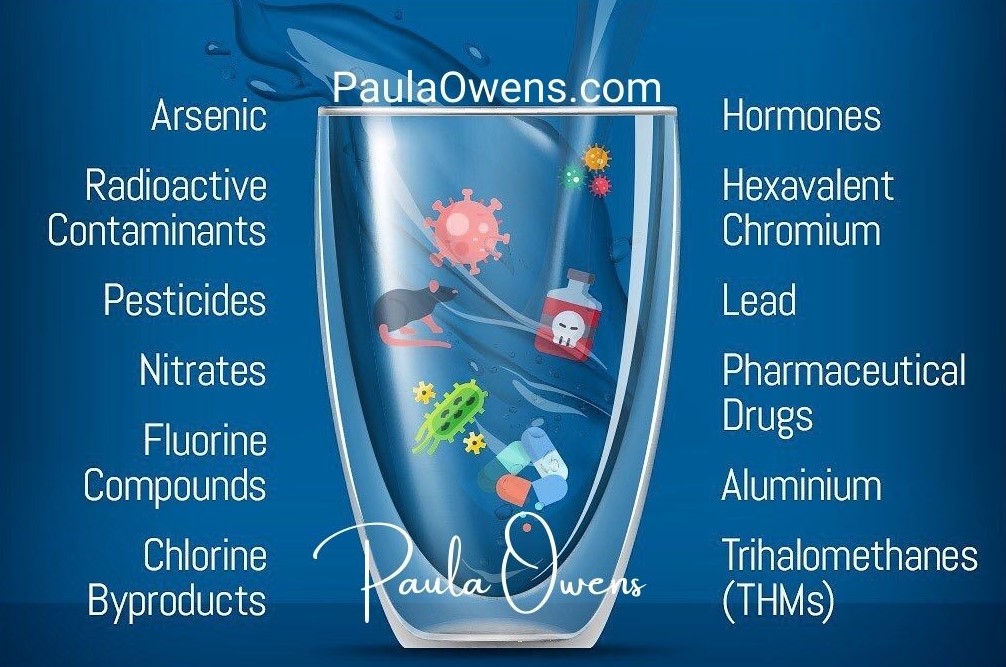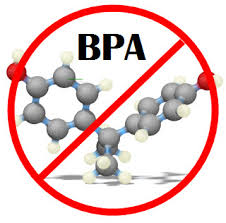Educating and Empowering You to Heal, Thrive, and Live a Happy, Healthy Lifestyle
Dehydration Prevention Tips: Water, an Essential Nutrient!

Dehydration is one of the most common nutrient deficiencies! Water is a vital, essential nutrient for healing, detoxification, weight loss, performance, brain function and optimal health. Every cell of your body is regulated, monitored and dependent on an efficient flow of water.
Most individuals suffer from some degree of dehydration, and have no idea that dehydration is one of the root causes of their aches and pains, headaches, constipation, dizziness, fatigue and dry skin. Infants, children and the elderly are especially vulnerable to dehydration and seldom drink enough water.
Stay Hydrated! Health Benefits of Drinking Water
- Minimize aches and pains
- Lowers high blood pressure and reduces cholesterol

- Aids in fat loss and boosts metabolism
- Hormonal function improves
- Eliminates waste and flushes out toxins
- Key nutrient for brain function
- Regulates body temperature
- Moisturizes the skin
- Reduces the appearance of wrinkles
- Transport nutrients to cells
- The liver breaks down and releases more fat
- Healthy kidney function
- Lowers cortisol and other stress hormones
- Retains moisture in your eyes
- Lubricates the spine, bones, joints and muscles
- Stimulates digestion when consumed before meals (never drink water during mealtime)
- Rids the body of excess sodium, which results in less fluid retention
The only time you do not want to drink water is during mealtime; doing so dilutes your production of hydrochloric acid, which is required for optimal digestion.
Common Causes of Dehydration
- Not drinking enough water
- Chronic stress, depleted adrenals and adrenal dysfunction
- Aging (water content is higher in men than in women and declines in both with age. Older adults lose about 85-90 oz. of water per day.)
- Increased output of urine due to a hormone deficiency, high blood sugar, diabetes or kidney disease
- Climate. Prolonged heat exposure. Hot temperatures. Humidity
- Sickness, fever, vomiting or diarrhea
- Excessive sweating
- Physical activity
- Low calorie diets and low carb, high protein diets
- Flying (an air traveler can lose approximately 50-60 oz. of water during a three-hour flight)
- Menstrual cycles
- Recovering from burns and surgical procedures
- Electropollution (exposure to nnEMFs, WiFi, EMR) is crippling our bodies from being able to hydrate at the cellular level
- OTC and prescription medication use
- Drinking too much alcohol
Are you dehydrated? Dehydration is linked to . . .
| • Muscle cramps, aches & pains | • Dizziness | • Hypertension, high cholesterol |
| • Fatigue and weakness | • Constipation | • Poor concentration |
| • Joint pain, back pain | • Angina | • Asthma |
| • Rapid heart beat (tachycardia) | • Dry skin, cracked lips | • Dark urine with a strong odor |
| • Decreased performance | • Increased cortisol | • Cravings, weight loss resistance |
| • Accelerated aging, wrinkles |
• Headaches | • Confusion, hallucinations |
| • Kidney stones | • Mood changes | • Urinary tract infections |
| • Short-term memory loss | • Toxic build-up | • Lowered immune function |
The solution to pollution is dilution!
Normal urine color should be clear to light yellow or similar to the color of lemon juice. Urine can be more yellow if taking vitamins, specifically B vitamins and certain medications. Urine that is a dark yellow (the color of apple juice) and lower volume output (than usual for you) are indicators of dehydration.
Dehydration Prevention Tips
►Upon rising, drink 32 ounces of water with the juice from one whole lemon or lime. Add 1/4 teaspoon of Celtic sea salt.
Those who drink two cups of water before each meal experience great weight loss — an average of 5 pounds more weight is lost compared to those who did not drink water!
►Drink water throughout the day in between meals. Carry water with you when driving, at your desk, during travel and especially when exercising.
How much water should you drink to stay hydrated? The amount of water we each need depends on our body size, metabolism, the weather, the food we eat, and our activity levels. Here’s a formula to help you determine the number of ounces of water to consume daily. Take your body weight and multiply by .7. This provides you with the number of ounces of water for you specifically to consume every day.
Helpful Tip! At the start of your day, fill a container with the number of ounces of water you’re to consume for the day. Finish the water from the container before 6pm.
What’s in your Tap Water?
Water Filters
Filtering the water in your home is a necessity (not an option or a luxury). Bacteria, parasites, viruses, glyphosate, prescription drugs, and toxic heavy metals are found in the public water supply. Public water services put chlorine products and disinfectants into the water to clean it for us. These chlorinated products combine to form toxic substances such as perchlorate, which interferes with iodine uptake in the thyroid.
Install a water filter in your home, especially for the water you drink, cook with and shower in to minimize exposure to neurotoxic and endocrine-disrupting fluoride, chlorine, toxic heavy metals, microbes, industrial pollutants, pharmaceuticals and other harmful chemicals. You absorb 3x more chemicals through your skin than when consumed orally. Even if you’re not taking any prescription drugs, they’re in the water supply (chemo drugs, oral contraceptives, hormones, hypertension medications and many others).
Paula-approved water filters
- Reverse Osmosis (R.O. system). Change the filters annually.
- Tabletop or Countertop water filters: Zero Water, Big Berkey or an Aqua Pail
- Whole house water filtration systems
Add a pinch of unprocessed sea salt to your drinking water nourishes the adrenals, adds vital minerals, and replenish electrolytes.
Nutrient boosters to add to water
- Unprocessed sea salt (Celtic sea salt, Himalayan sea salt, Redmond’s salt)
- Lemon or lime slices
- Cucumber slices
- Fresh mint, dill or basil
- Ginger root
- Berries, cherries or cranberries
NO plastic water bottles. Instead, switch to glass or other eco-friendly items such as a Neti or a Hydroflask to avoid BPA and other endocrine disrupting chemicals. Ten popular U.S. bottled water brands contain mixtures of 38 different pollutants, including bacteria, fertilizer, Tylenol and industrial chemicals, some at levels no better than tap water, according to lab tests conducted by the Environmental Working Group (EWG).
It’s especially important to avoid drinking water that has been in sun-heated plastic containers or drinking from plastic containers that have been left in a hot vehicle or warehouse.
The bottle water industry has also contributed to one of the biggest environmental problems facing the world today. Only 20% of the bottles produced by the industry are recycled. The remaining 80% pile up at landfills, litter our neighborhoods, poison our animals, mammals, and pollute our oceans.
Related Posts
- Video:Your Body’s Many Cries for Water!
- Check out the quality of your water
- Healthy, Homemade Electrolyte Drink Recipe
- BPA – An estrogen-mimicking chemical
- Lemons and Limes for the Health of It



